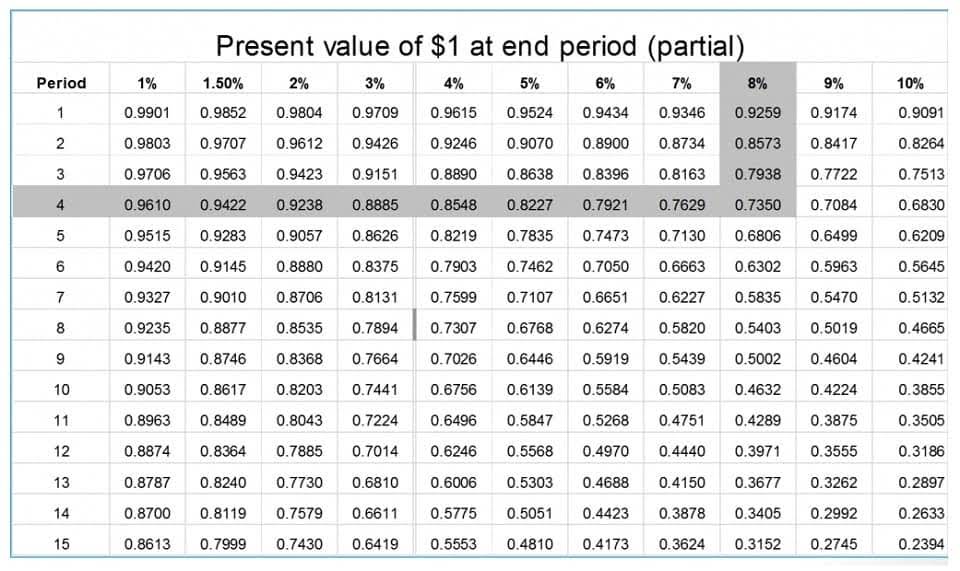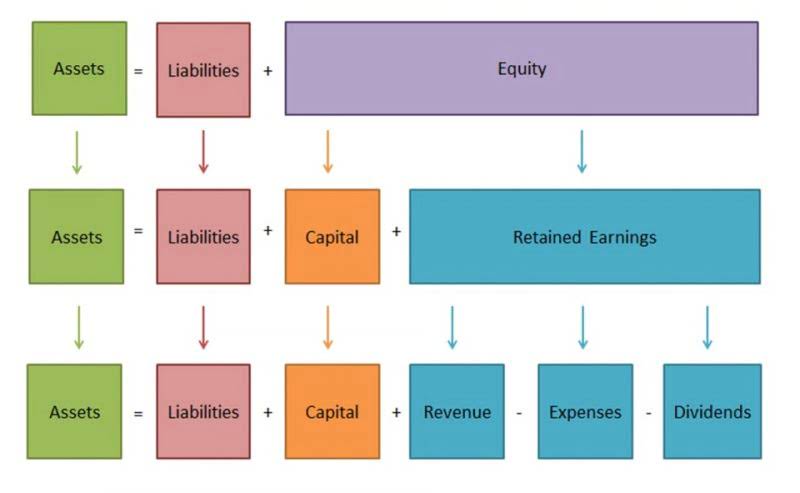
Selling, all or a portion, of its accounts receivables to a factor can help prevent a company that’s cash strapped from defaulting on its loan payments with a creditor, such as a bank. The company selling its receivables gets an immediate cash injection, which can help fund its business operations or improve its working capital. Working capital is vital to companies since it represents the difference between the short-term cash inflows (such as revenue) versus the short-term bills or financial obligations (such as debt payments).

Loan terms and credit card agreements can look overwhelming, but understanding what you’re agreeing to is paramount in grasping the impact debt can have on your life. A business may seek a non-notification factoring arrangement for several reasons, but the outcomes for the business, factor, and customer are frequently the same as with standard factoring transactions. Clients are advised that their accounts have been sold to factor https://www.bookstime.com/articles/opening-balance-equity-what-is-it-and-how-to-fix-it in this sort of factoring. Buyers often provide Factor with delivery receipts, account assignments, and copies of invoices, confirming to the supplier that factor has acquired their accounts. Still, they affect a bank’s earning asset management considerably since outstanding amounts cannot be regulated once the line of credit is granted. As a result of the component, the restricted cash flow owing to credit consumers is freed.
Pros and cons of accounts receivable factoring
This is why factoring receivables could end up getting much more expensive. If the invoice is never paid and you’ve agreed to recourse factoring, the invoice will be sold back to your business. If a business enters into a recourse factoring agreement and a customer does not pay their invoice, the business must buy that invoice from the factoring company at the end of the payment term. Under a non-recourse agreement, the factoring company bears all of the risks of nonpayment.

After taking a few roads less traveled, Janet completed a bachelor’s degree in English Literature from the University of Missouri-Kansas City, with English Department Honors. She has been correcting Accounts Receivable Factoring grammar and checking facts since she could string a sentence together. For the past three years, Janet has focused on making personal finance topics understandable and relatable.
What are some factoring receivables companies?
A corporation that factors with recourse collaborates with a Factor that lends against accounts receivables as collateral to advance cash. After receiving it, the factoring company pays the rest of the invoice amount, minus costs, to the business. Factoring can help your business develop quickly and service more customers.
- You as a business owner would send your invoices to Triumph and within 24 hours they would deposit the sum into your account and then handle the collection of the payment for your business for a fee.
- The discount rate is the fee a factoring company charges to provide the factoring service.
- Her focus is on demystifying debt to help individuals and business owners take control of their finances.
- The pharmaceutical sector, a beacon of innovation, stands tall in Europe’s economic landscape.
- Since lenders earn money by recouping payment from businesses’ customers, not businesses themselves, factoring companies focus on the creditworthiness of those customers instead.